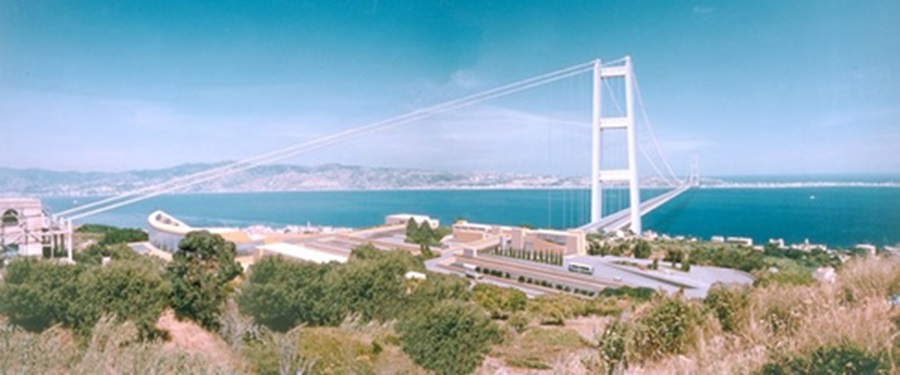The government has made it clear that NATO funds will not finance the €13.5 billion project to build a bridge across the Strait of Messina connecting Sicily to the mainland.
The Transport and Infrastructure Ministry (MIT) issued this statement on Wednesday, following remarks by U.S. NATO Ambassador Matthew Whitaker. In a Bloomberg interview, Whitaker warned against expanding NATO defence-spending definitions to include projects “that have no strategic military value” such as bridges.
MIT responded firmly, stressing that the Messina bridge is already fully funded with state resources and that no military funds are earmarked for it. The ministry added that the possible use of NATO resources is not on the agenda and is not considered a necessity. It underlined that “the project is not in question.”
The bridge, approved in August 2025, is expected to become the world’s longest suspension bridge, spanning nearly 3.7 kilometres and carrying six road lanes alongside two railway tracks. It is designed to be operational by the early 2030s. The government, led by Prime Minister Giorgia Meloni and Infrastructure Minister Matteo Salvini, has promoted the bridge as infrastructure that also enhances security, arguing that it could improve military mobility across the strategically important Mediterranean region.
NATO spending rules ‘stretched’ by Italy
Critics have accused Italy of stretching NATO spending rules by presenting civilian infrastructure as defence expenditure. Analysts have pointed out that NATO’s strategic priorities are centred in eastern Europe and that upgrading ports and air infrastructure could provide more direct military value than building a bridge.
The project also faces resistance on the ground. Environmentalists and local residents have raised concerns about seismic risks, ecological disruption, urban displacement, and the danger of mafia infiltration in construction contracts. Thousands of protesters have already voiced their opposition, with legal challenges expected to follow.
The government’s clarification has removed one layer of controversy by ruling out NATO funds for the Messina bridge. However, questions remain over whether the project’s strategic justification is valid and how the significant environmental and logistical obstacles will be overcome.



